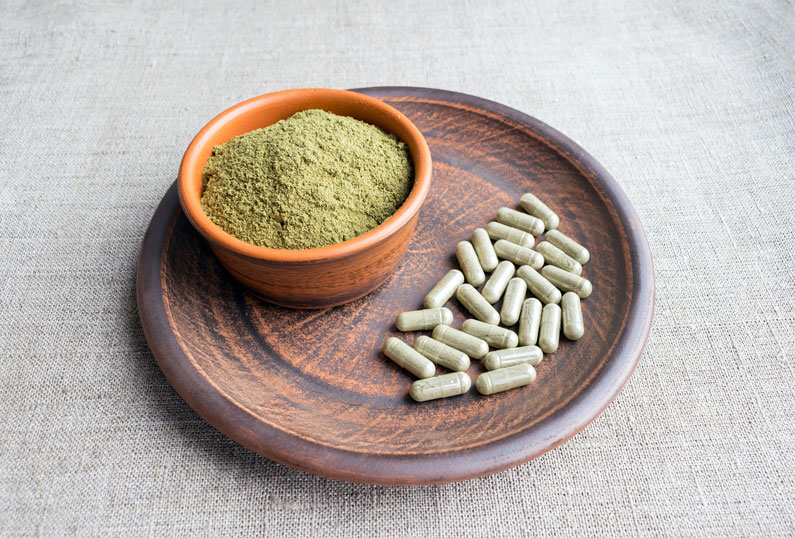ADHD, or Attention-Deficit/Hyperactivity Disorder, isn’t solely a childhood condition. It affects adults as well, often requiring lifelong management. Traditional treatments like therapy and medication don’t work for everyone, leading some to explore alternative therapies like kratom. Kratom, an herb from the Mitragyna speciosa plant, is purported to ease ADHD symptoms. Before incorporating it into your diet, it’s crucial to understand ADHD, its symptoms, and how kratom for ADHD might help.
Understanding ADHD
ADHD is a neurodevelopmental disorder characterized by difficulties in attention, hyperactivity, and impulsivity. While often diagnosed in childhood, it can persist into adulthood, causing challenges in daily life. Medications used to manage ADHD can have side effects, prompting interest in alternatives like kratom.
Symptoms of ADHD
ADHD primarily manifests as difficulty focusing and maintaining attention, a challenge often prominent in children upon starting school. While the scientific community still grapples with understanding the precise causes of ADHD, research indicates a significant genetic influence on its development.
Each case of ADHD presents a unique. Both children and adults with ADHD commonly struggle to sustain focus for extended periods and adhere to instructions. Common symptoms in children include fidgeting, constant movement, interrupting others, impatience, emotional volatility, incomplete tasks, and daydreaming.
On the other hand, adults with ADHD may experience excessive restlessness, impulsivity, time management difficulties, task focus challenges, organizational problems, low frustration tolerance, heightened temper, mood swings, and struggles in coping with stress.
How Kratom for ADHD Might Help
Kratom contains alkaloids that interact with neurotransmitters in the brain, potentially alleviating ADHD symptoms. Studies show that it has the potential to stabilize dopamine levels, thereby enhancing focus and attention. Its alkaloids bind to the body’s opioid receptors, triggering the release of dopamine. This process mirrors the mechanism of medications like Adderall and Ritalin, albeit with subtle differences. Unlike these medications, kratom offers similar benefits without the common side effects associated with amphetamines, providing a more manageable approach to symptom relief.
Kratom may also boost serotonin levels for improved mood and social interactions. Lastly, kratom’s interaction with norepinephrine receptors can enhance alertness and attention.
Different Kratom Strains for ADHD
Various kratom strains offer different effects, making it essential to choose the right one for managing ADHD symptoms. Red Bali and Red Borneo kratom provide relaxation and sedation, making them ideal for calming impulses and stress. White Horn and White Maeng Da kratom offer stimulation and mood enhancement, aiding focus and energy levels. Green Maeng Da kratom provides a balance of focus and alertness, making it suitable for daytime use.
Safety Considerations
While kratom may offer benefits for ADHD, it’s essential to approach its use with caution. Kratom can interact with other medications, potentially leading to adverse effects. It’s crucial to consult with a healthcare professional before incorporating kratom into your ADHD management plan. Additionally, purchasing kratom products from reputable vendors like Kratom USA ensures quality and safety.
With its gentle yet effective approach and fewer side effects compared to traditional medications, kratom provides a compelling option for managing symptoms and improving overall quality of life. As more research unfolds and awareness grows, kratom stands poised to empower individuals on their journey towards greater focus, productivity, and well-being in the face of ADHD.


